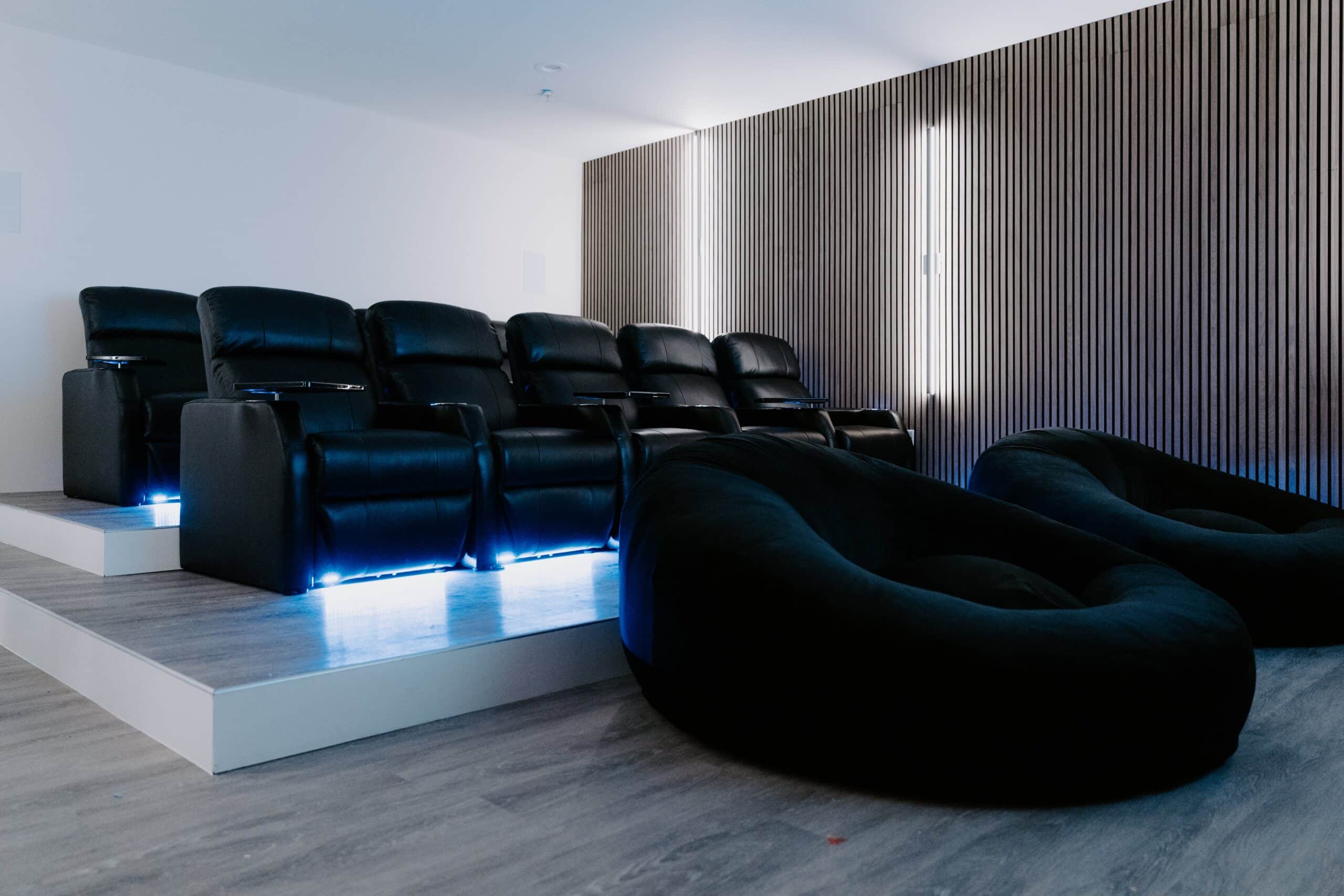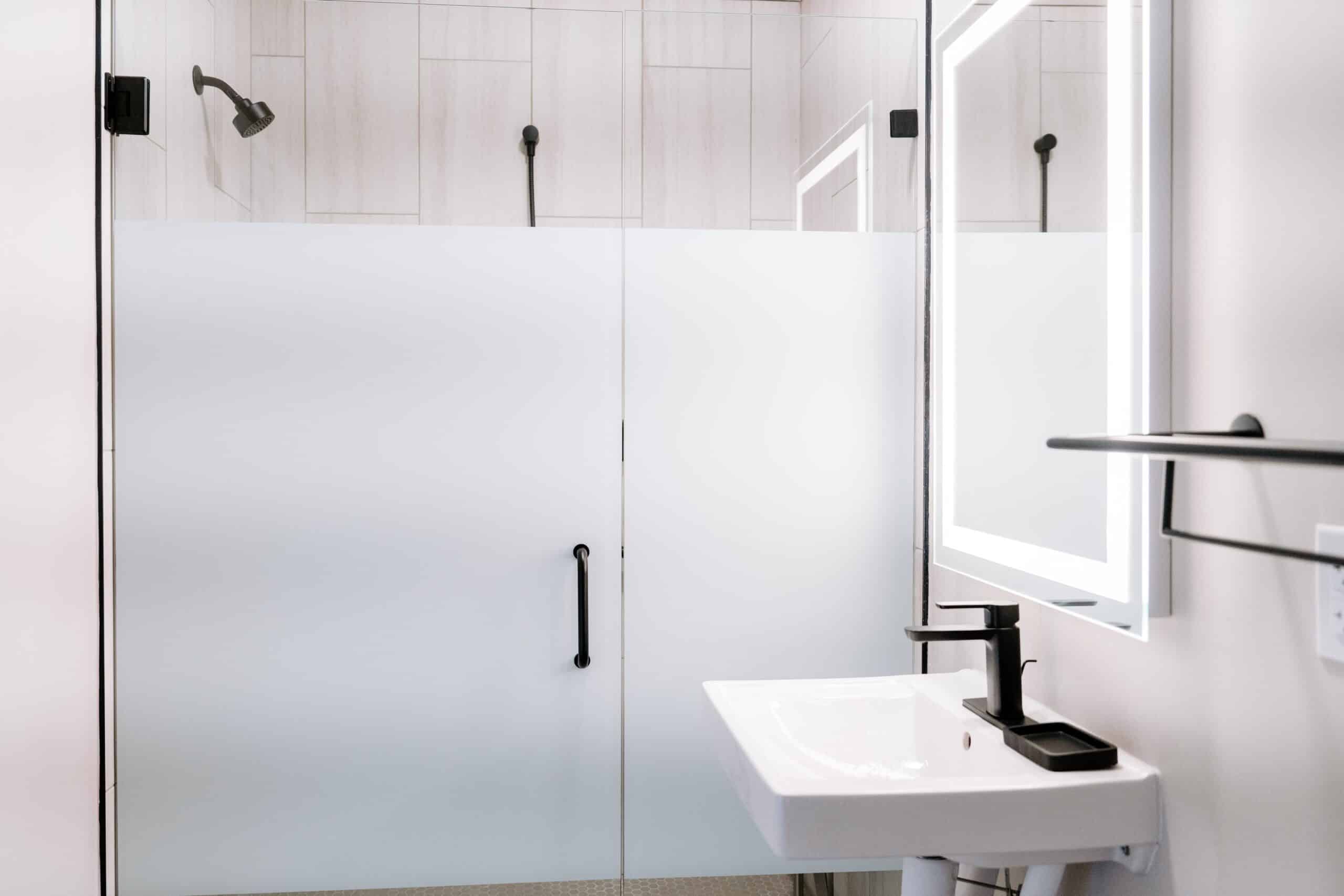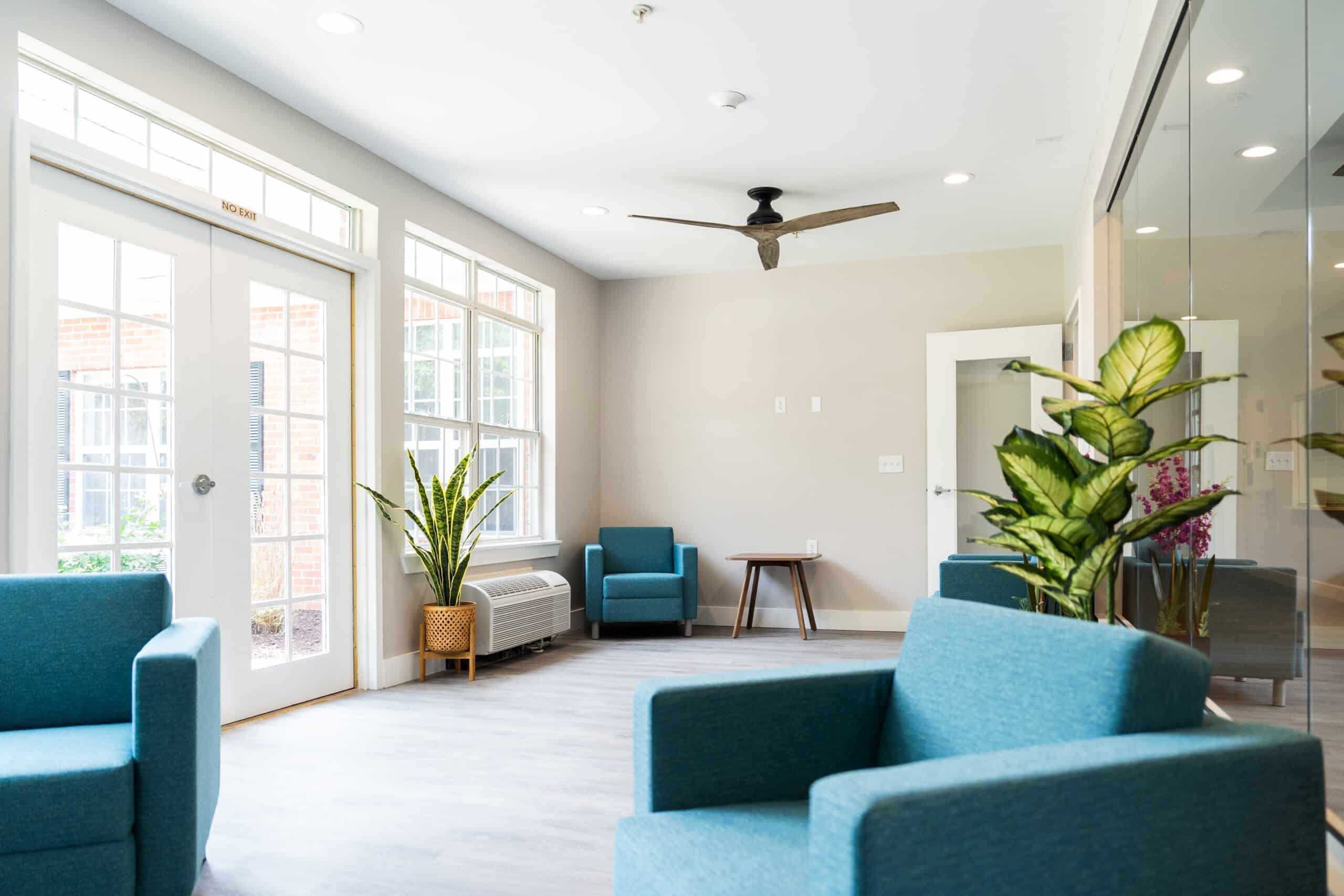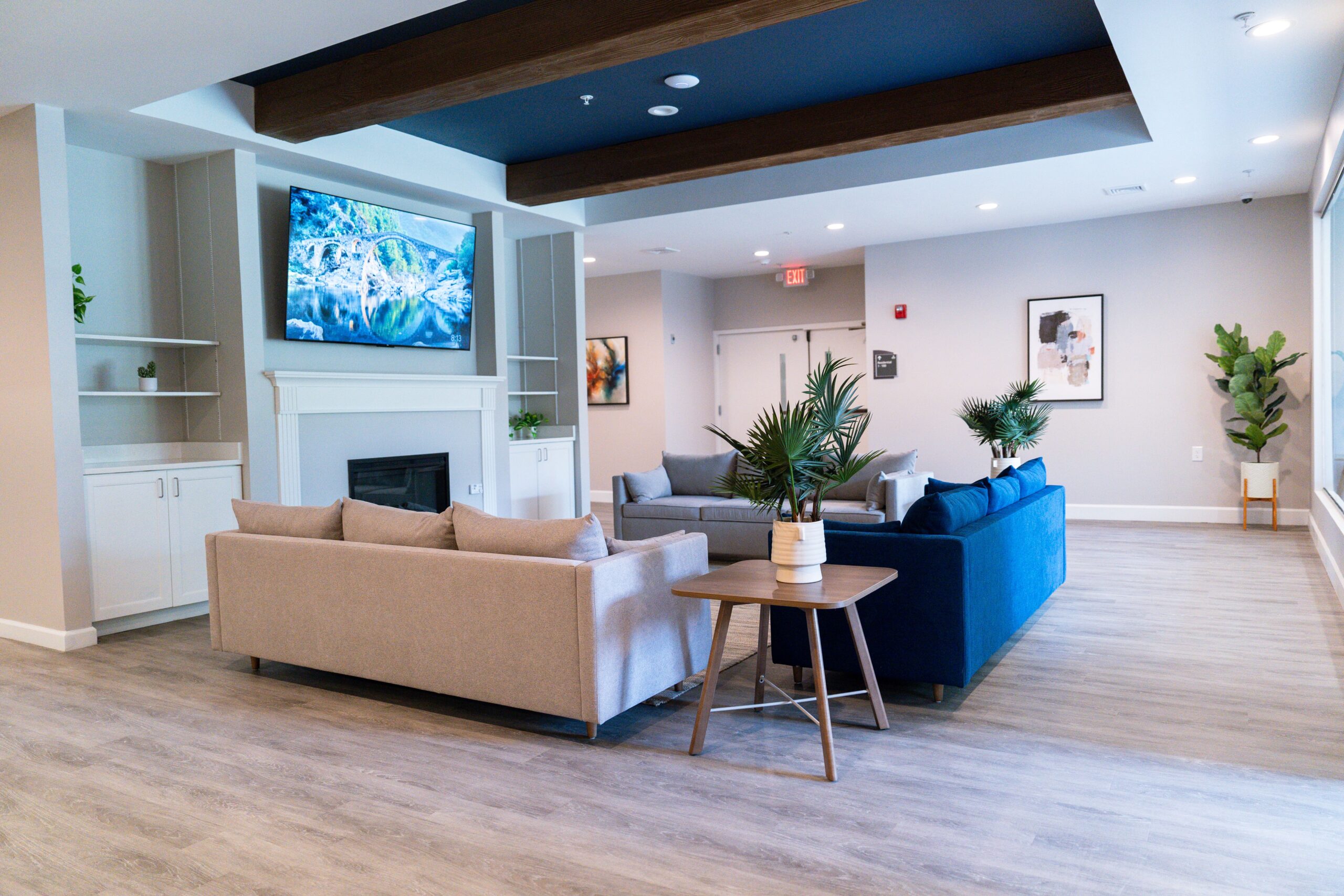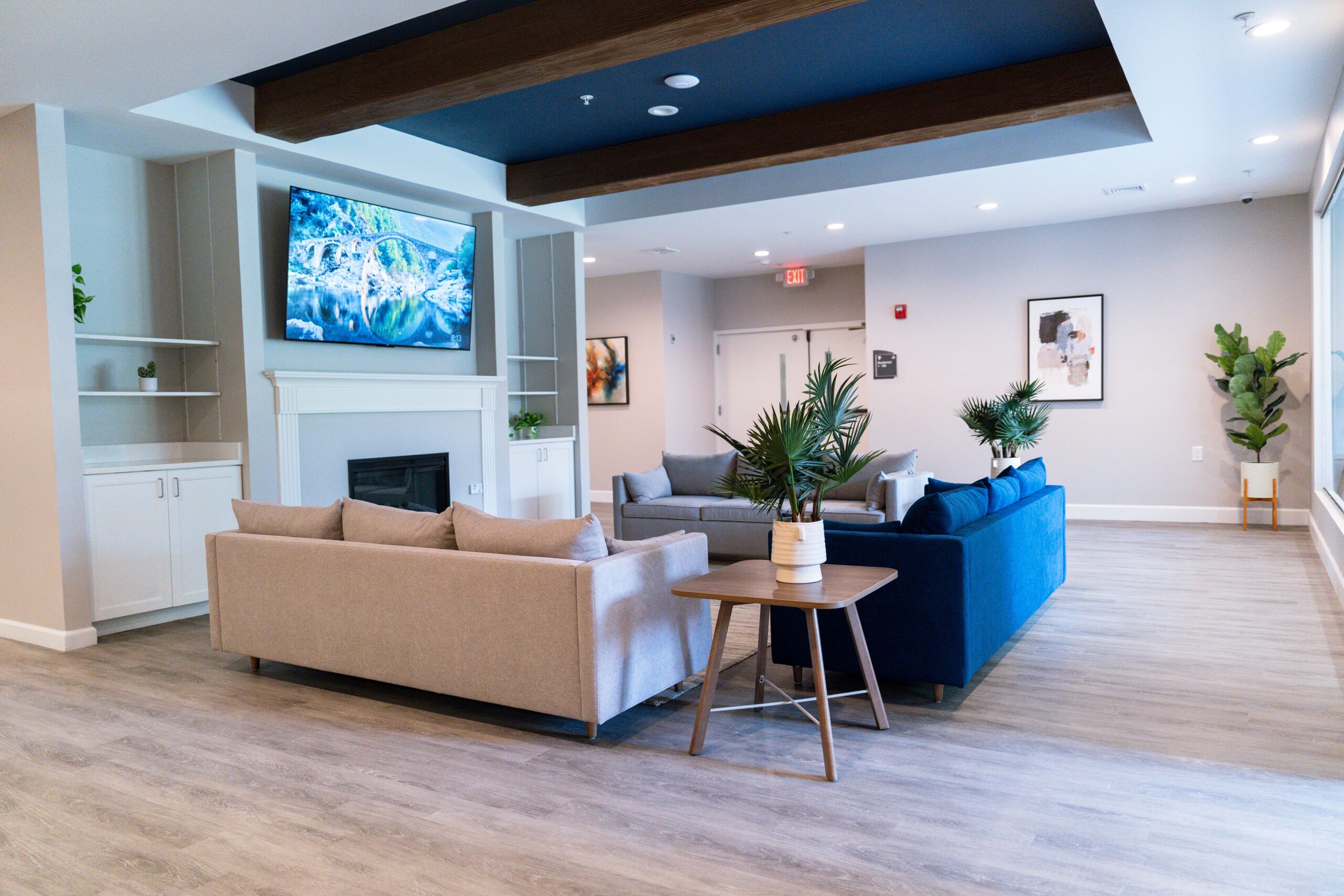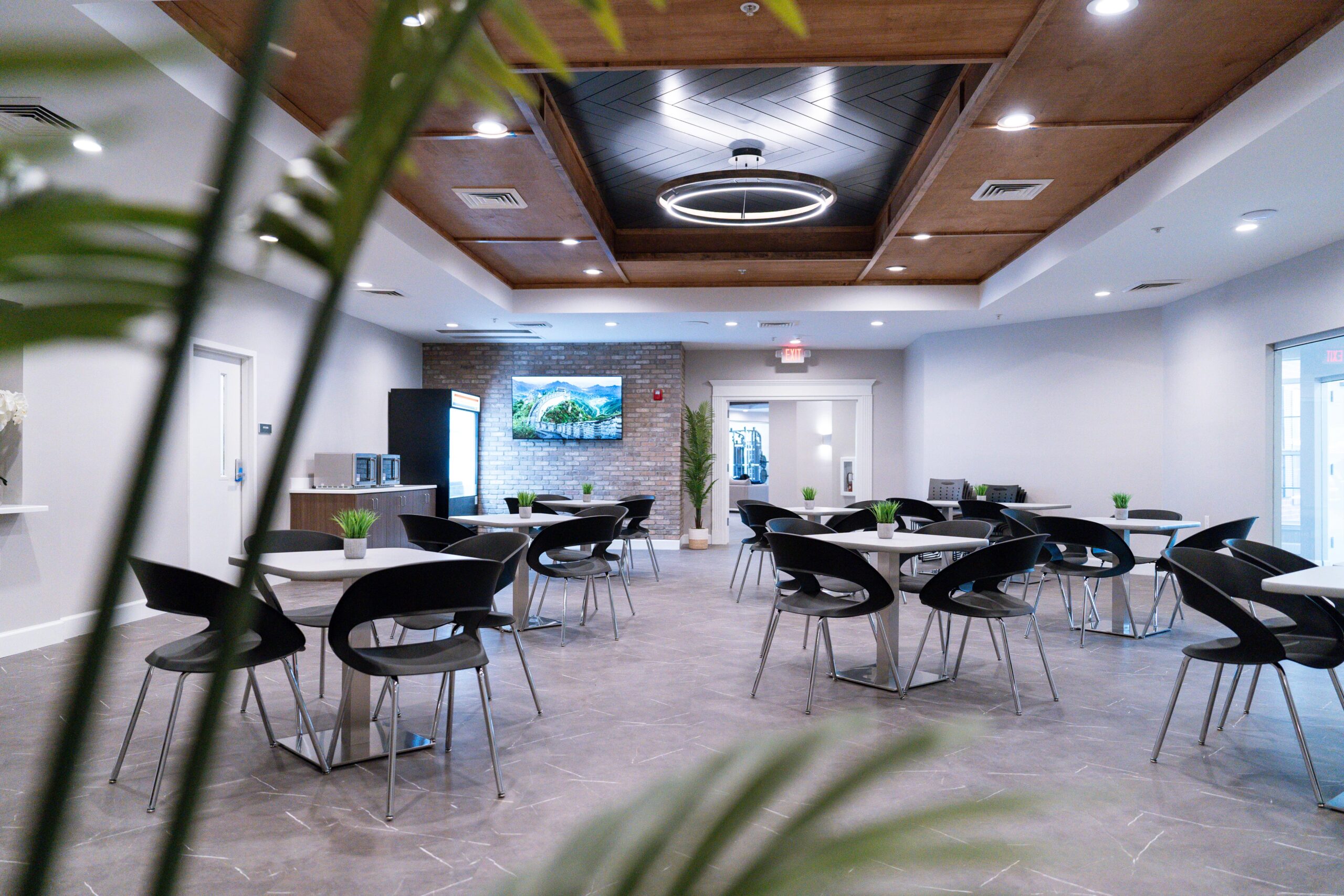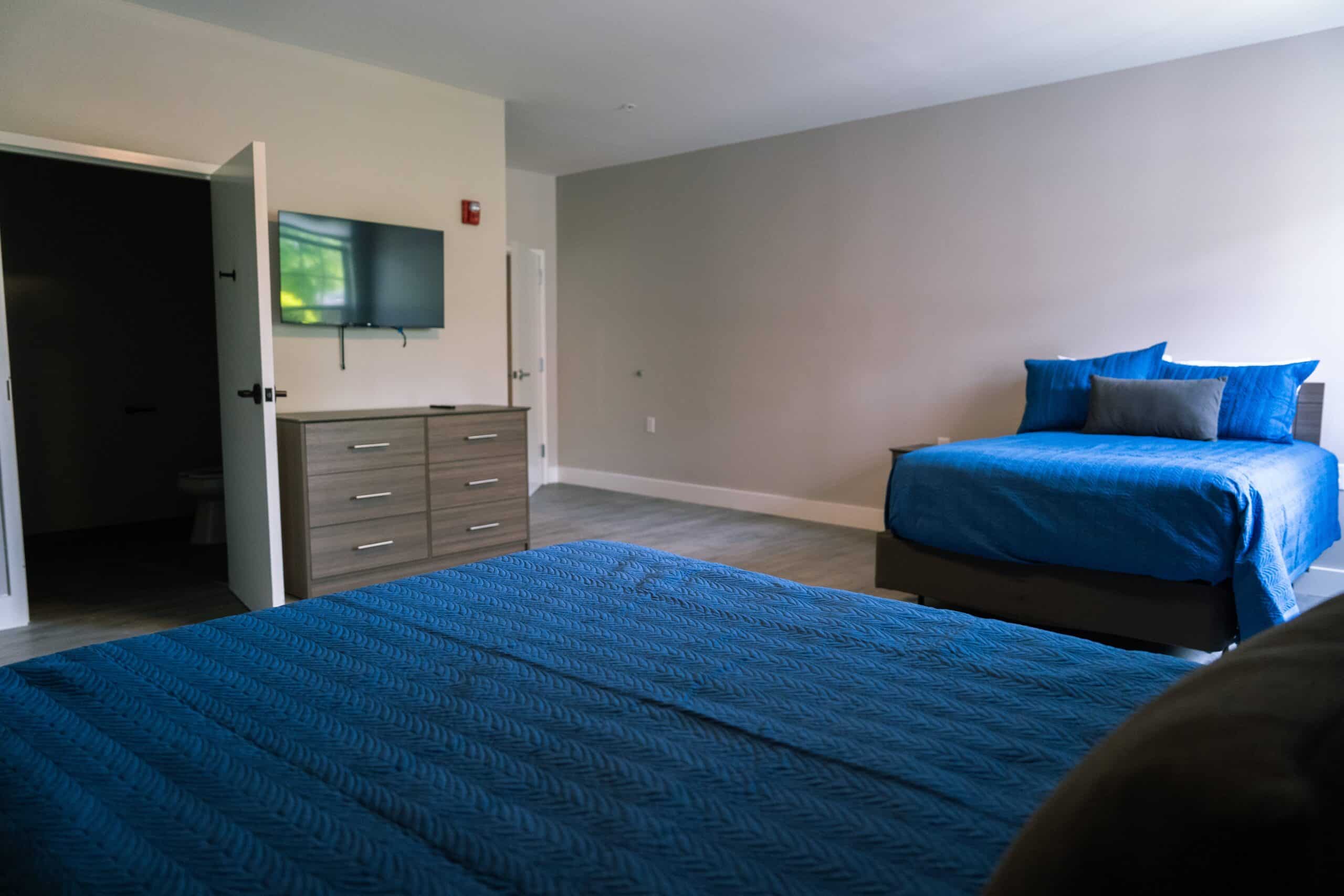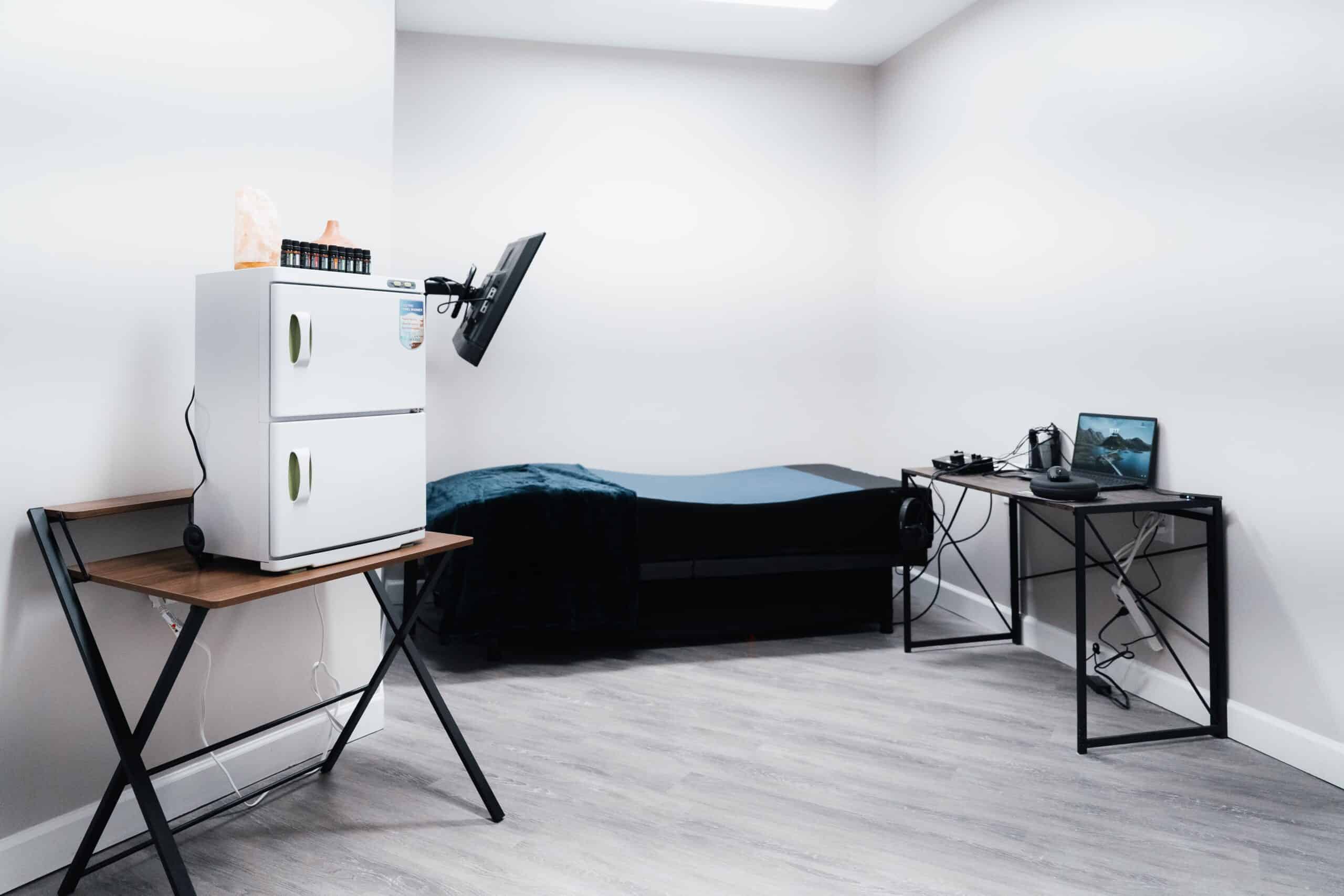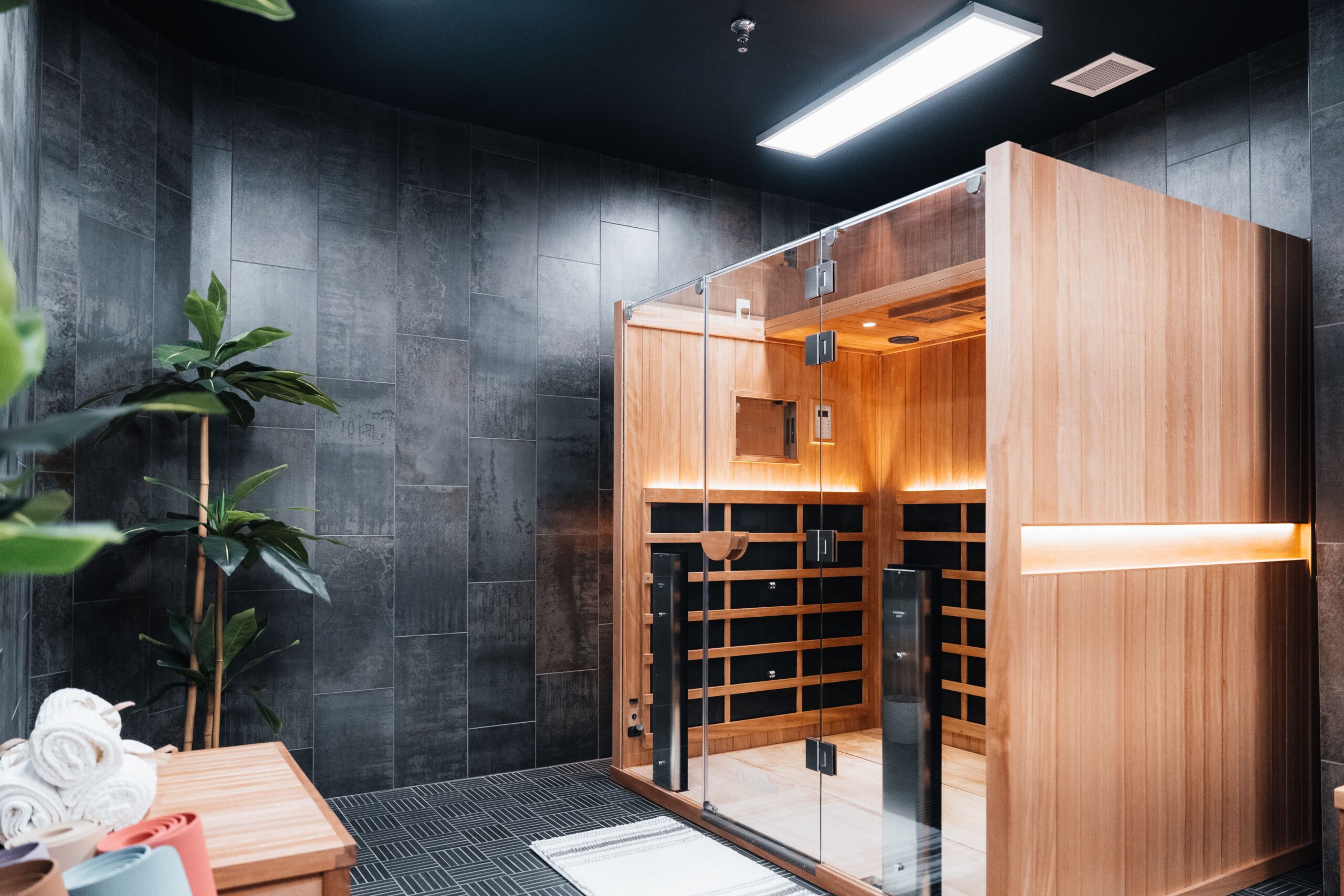Residential Mental Health Facilities in Tennessee
Mental health residential treatment centers in Tennessee, also called RTC or residential treatment facilities, are places where people who are dealing with a mental health condition can go to get the help that they need to get better.
At Arbor Wellness in Nashville, Tennessee, we provide a comfortable, live-in environment, and help individuals overcome mental health disorders by providing safe and luxury residential facilities necessary for healing.
Call us now at 629-217-2658 or verify your insurance today.
You are not alone. You deserve to get help.
Arbor Wellness is an industry leader in mental health treatment. Our team of top medical experts specialize in dual diagnosis treatment and are committed to ensuring that each patient is treated as an individual. Call us today, we’re available 24/7.
Request a Confidential Callback
What To Expect at Our Residential Mental Health Facilities in Tennessee
At Arbor Wellness, our inpatient treatment program (often referred to as residential treatment) offers structured, intensive treatment where individuals live at the treatment facility while receiving support for mental health issues or dual diagnosis disorders.
Our safe and comfortable programs provide 24/7 care, allowing clients to focus entirely on recovery in a controlled and supportive environment.
Our residential programs in Tennessee typically include:
- Medical and psychiatric care: Regular access to doctors, nurses, and therapists to manage health concerns and provide medication if needed.
- Structured daily schedules: Everyday our clients participate in various therapies, such as individual therapy, group therapy, and specialized treatments like Cognitive Behavioral Therapy (CBT) or Dialectical Behavioral Therapy (DBT).
- Holistic Therapies: Our Tennessee mental health facilities incorporate additional holistic therapy like yoga, mindfulness, art therapy, or physical fitness with an onsite gym, and a private chef for nutritional guidance.
- Peer support: One of the most important aspects of mental health treatment is peer support where clients can connect with others facing similar challenges, creating a strong sense of community and accountability.
The key difference between inpatient treatment and other forms of care, like outpatient programs, is the residential aspect.
Our immersive approach is ideal for individuals who need a break from their home environment to fully focus on recovery without outside distractions.
The duration of our programs can vary, but they often last from a few weeks to several months, depending on the individual’s needs.
Why Arbor Wellness?
At Arbor Wellness, we offer an at-will program that stands apart from traditional hospital settings. Unlike hospital-based treatment programs, where patients may feel restricted or confined, Arbor Wellness provides a more flexible and comfortable approach to recovery.
Being an at-will program means that clients have the autonomy to choose to stay in treatment without feeling forced or obligated, promoting a sense of empowerment and personal commitment to their healing journey.
Our residential mental health facility in Tennessee is intentionally crafted to feel more like a home than a hospital, with upscale accommodations that include comfortable living spaces, serene outdoor areas, gourmet meals, and access to wellness-focused activities like yoga, an onsite gym, and holistic therapies.
At Arbor Wellness, we believe that healing is enhanced by an environment that feels safe, welcoming, and conducive to personal growth, making the recovery process more meaningful and sustainable.
More: Psych Ward vs Mental Hospital (What’s The Difference?)
How Do I Know I Need Inpatient & Residential Mental Health Treatment?
If you’re currently questioning the need for inpatient treatment for yourself or a loved one, give us a call to discuss program options.
However, you may benefit from inpatient mental health treatment if you experience the following:
- Persistent and Severe Symptoms: If you are struggling with severe depression, anxiety, bipolar disorder, schizophrenia, or other mental health issues that significantly impact your daily life, inpatient and long-term care can provide the intensive support needed to help you stabilize.
- Difficulty Managing Daily Life: Struggling to complete basic tasks like going to work or school, maintaining personal hygiene, or engaging in social interactions may indicate that you need a structured, supportive environment to regain control of your life.
- Ineffective Outpatient Treatment: If you’ve been trying outpatient treatment, counseling, or medication management without improvement, inpatient treatment may offer more comprehensive care with around-the-clock access to mental health professionals.
- Frequent or Severe Crises: Experiencing recurring crises, such as suicidal ideation, self-harm, or emotional breakdowns, is a strong sign that inpatient treatment may be necessary to provide immediate safety and support.
- Lack of a Supportive Environment: If your home environment is contributing to or exacerbating your mental health challenges, removing yourself from that setting and entering an inpatient program can allow you to heal in a more conducive space.
- Substance Use Complicating Your Mental Health: Dual Diagnosis disorders, where substance abuse is intertwined with mental health struggles, often require inpatient care to address both issues simultaneously in a controlled, safe environment.
Types of Mental Health Conditions We Treat
Poor mental health can show up in a number of different conditions. Our programs offer care for several types of mental illness in order to provide treatment for a large number of people in need.
As well, many people deal with more than one type of mental health disorder. Because our experienced staff knows how to treat a variety of disorders, we can help them work on improving symptoms of multiple mental health challenges.
Types of conditions we treat at our mental health residential facilities include:
- Depression – Inpatient depression treatment provides a structured environment with immediate access to therapy and medical support, helping individuals manage severe depressive episodes and develop healthier coping strategies.
- Anxiety Disorders – With 24/7 care, individuals with anxiety disorders can learn to manage intense symptoms through therapy, medication, and relaxation techniques in a calming, controlled setting.
- Bipolar Disorder – Inpatient care helps stabilize the extreme highs and lows of bipolar disorder, offering mood management through medication, therapy, and a balanced daily routine.
- PTSD + Trauma – Specialized therapies, such as trauma-focused care, help individuals process trauma in a safe environment, reducing the impact of flashbacks, nightmares, and other PTSD symptoms.
- Schizophrenia – Inpatient programs provide constant supervision, medication management, and therapy to help individuals manage symptoms like hallucinations or delusions in a stable, structured setting.
- Obsessive-Compulsive Disorder (OCD) – Inpatient care offers intensive, focused treatment like Cognitive Behavioral Therapy (CBT) and Exposure and Response Prevention (ERP) to reduce compulsions and intrusive thoughts.
- Dual Diagnosis – Our inpatient programs can simultaneously address co-occurring mental health and substance use disorders, providing integrated treatment plans for both conditions.
- Complicated Grief – Inpatient treatment helps individuals work through prolonged or intense grief with counseling and therapeutic interventions designed to promote emotional healing.
- Personality Disorders – Individuals with personality disorders can benefit from inpatient treatment through DBT, group therapy, and structured care to help manage interpersonal difficulties and emotional regulation.
- Mood Disorders – Inpatient care provides stabilization for mood disorders, offering therapy and medication adjustments in a controlled environment to reduce mood swings and enhance emotional balance.
- Postpartum Depression – Inpatient treatment can help new mothers experiencing postpartum depression by providing emotional support, therapy, and medical care to manage symptoms and promote bonding with their baby.
Residential vs Inpatient Mental Health Treatment
Residential and inpatient mental health programs have some similarities. However, there are some very important differences between them. Inpatient programs are the most intensive ones available today. Clients live at the facility, which is made to feel like a normal home. There is a fair amount of structure in the client’s day, including treatments at scheduled times, but they also are allowed some free time to spend alone, socializing with the other clients. In addition, individuals can spend more time doing other things that they enjoy.
Inpatient programs also require clients to live at the facility. However, they are typically more clinical, in secure, hospital-like settings. These mental health programs are usually much shorter than most residential treatment programs, lasting just a few days to a few weeks. Inpatient treatment is best suited to people who have very severe mental health symptoms, people who are having a mental health crisis, or those who have previously been to residential mental health facilities such as ours in Tennessee and are still not managing their symptoms effectively.
How We Treat Mental Illness
We offer multiple types of programs to help people improve their mental health. At the heart of any effective treatment program lies an array of different types of therapy.
Being exposed to multiple types of therapy modalities gives each person the opportunity to really learn how to heal. Our expert staff provides an initial assessment for each person in order to match them with the therapies that will best help their specific diagnoses.
Our long-term residential mental health facility provides highly focused treatment that takes place in our center and our treatment philosophy is rooted in the belief that every client that walks through our doors is a survivor of trauma.
Our staff partners with each person who stays with us in order to help them learn to manage their mental health. This includes minimizing or eliminating some of the symptoms. If a condition is chronic, we help the person learn to anticipate symptoms and side effects and use healthy coping skills to deal with them.
Does Insurance Cover long-term Mental Health Residential?
Most insurance companies offer coverage for mental health treatment. They recognize that good mental health is part of an overall health plan. For this reason, they do not limit their policies to cover only medical health conditions.
Anyone interested in using their insurance to pay for mental health residential facilities receive an insurance verification from our team. Additionally, the person can contact a treatment facility to see if they offer free insurance verification for them. We accept most private insurance policies, including:
Residential Mental Health Facilities in Nashville, Tennessee
For people who are struggling to manage their mental health symptoms, the idea of having to live in a psychiatric treatment facility for weeks or even months may seem a bit overwhelming.
However, it is in fact one of the most effective ways to treat your condition, especially if it is having an impact on your ability to live a normal life. Millions of Americans struggle with mental illness every year, and yet only a fraction seek the help that they need.
Don’t let your fear of long-term treatment keep you from finding relief from your mental health condition. Contact Arbor Wellness today to learn more about our programs, and how we can help you to find your way back to mental wellness.
More Resources About Treatment:
Inpatient vs Outpatient Mental Health Treatment
Areas We Serve
If You are in need of immediate assistance...
Don’t hesitate to contact us immediately. In the case of a medical emergency please contact 911 or visit your local emergency department.
We Work With Most Major Insurance
Did you know most major health insurance plans with out-of-network benefits can help cover most of the costs associated with our program? Click below to find out your coverage and treatment options right now.












